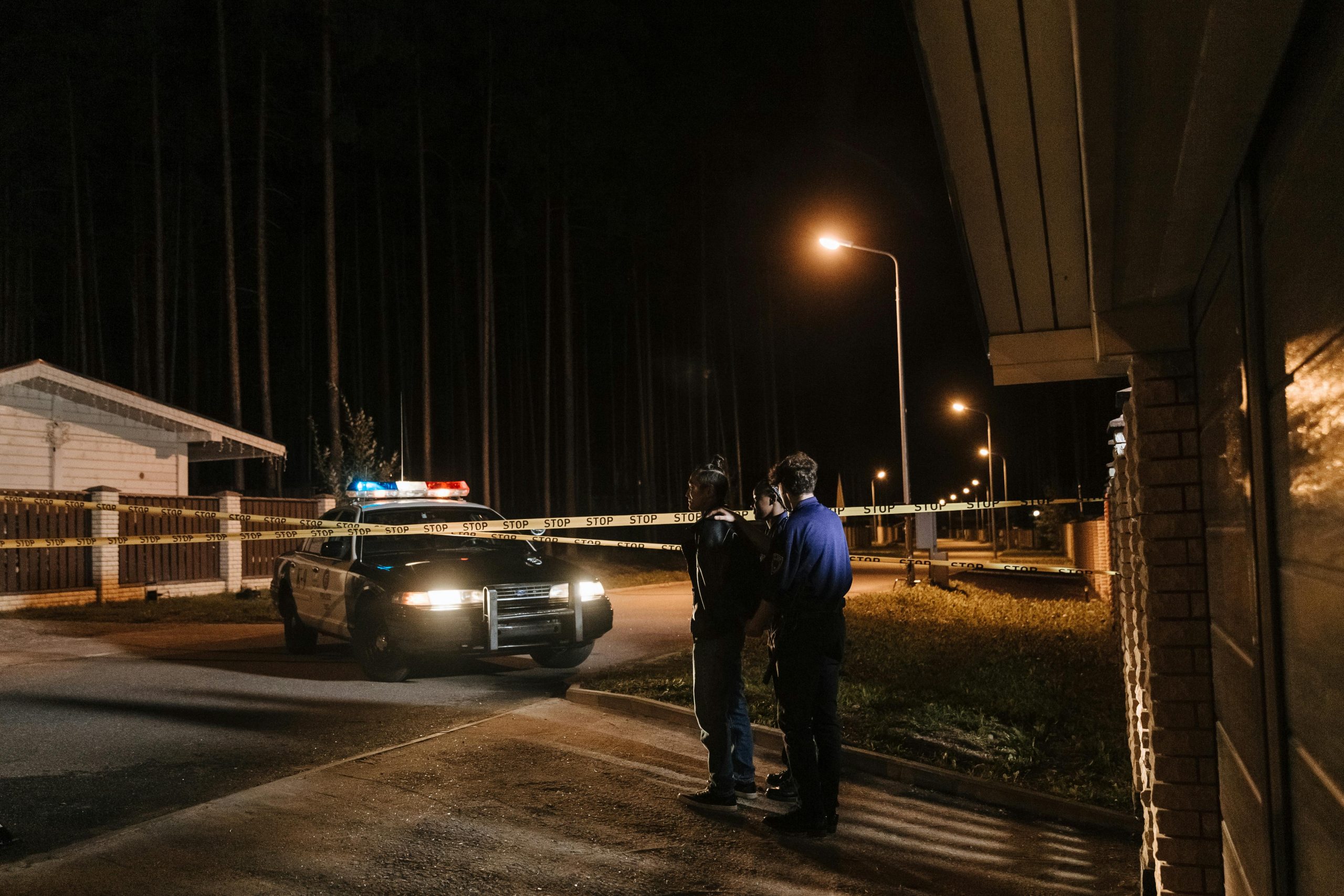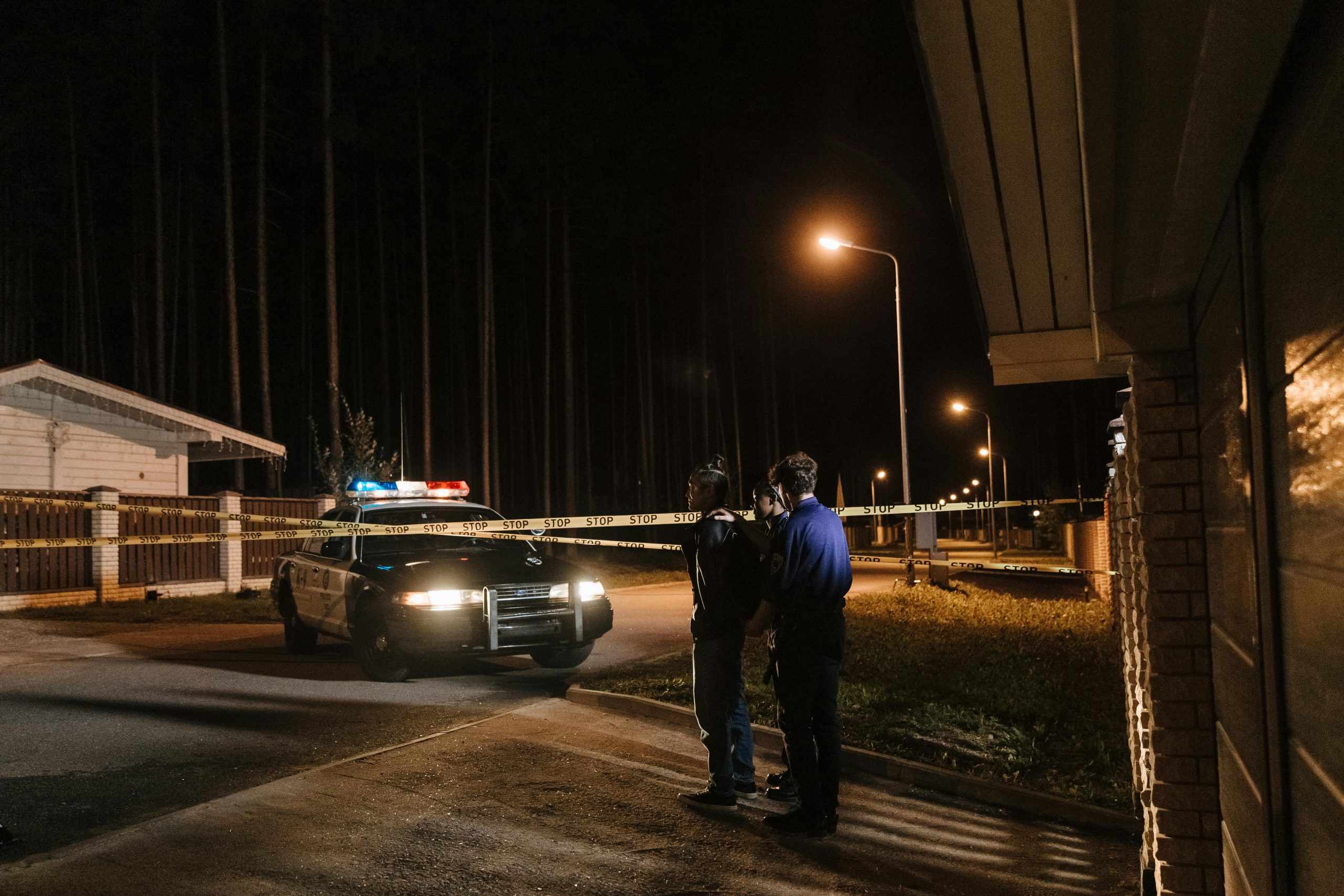

Rebecca Hanson (Professor of Sociology at the University of Florida), David Smilde (Professor of Sociology at Tulane University), and Verónica Zubillaga (Sociologist and Co-Director of the Network for Activism and Research for Coexistence) wrote an article for the New York Times in response to the Trump administration’s deportations of Venezuelan men to El Salvador. Hanson, Smilde, and Zubillaga note that the Venezuelan gang Tren de Aragua lacks organizational power and political aspirations in the U.S.: “Organized crime is far less portable than people usually think. It typically involves control of illicit markets, which in turn depends on relationships with local people and officials. These networks are not easily transferable and limit mobility.” The authors challenge these inhumane deportations: “The mass criminalization, arbitrary detainment and violation of due process that have characterized the Trump administration’s actions so far have echoed some of the tactics of the Venezuelan regime many of these young men presumably fled from. It reduces U.S. credibility and emboldens authoritarians everywhere.”
Rebecca Hanson, David Smilde, and Verónica Zubillaga


Oneya Fennell Okuwobi (Assistant Professor of Sociology at the University of Cincinnati) wrote an article for Salon highlighting the unintended consequences of diversity initiatives–in particular, that they tend to benefit corporations, not employees. Okuwobi explains how many workplaces engage in “diversity displays,” focusing on external appearances. “While workplaces receive the bulk of benefits, employees of color receive the burdens of upholding the image of diversity, with serious costs in terms of additional work, questions about our capabilities, and the need to fit the appearance of diversity that our workplaces desire.” Okuwobi writes more on this topic in her new book, Who Pays for Diversity: Why Programs Fail at Racial Equity and What to Do About It.


Lucius Couloute (Assistant Professor of Sociology at Trinity College) wrote an article for The Conversation on how U.S. parole systems contribute to recidivism. Couloute argues that although parole was “originally designed to help those convicted of crimes reintegrate into society – through mentorship, supportive services and other resources,” it now serves as a system of punitive surveillance that creates “hidden traps rather than pathways to success.”


Lucius Couloute (Assistant Professor of Sociology at Trinity College) wrote an article for The Conversation on how U.S. parole systems contribute to recidivism. Couloute argues that although parole was “originally designed to help those convicted of crimes reintegrate into society – through mentorship, supportive services and other resources,” it now serves as a system of punitive surveillance that creates “hidden traps rather than pathways to success.”The New York Times ran an article on how I.V.F. technologies may be changing the way we view and relate to embryos. Time-lapse microscopy, a technology that has been widely used since the early 2010s, allows for observation of embryo developments. Many clinics share this video footage with patients on the day of their embryo transfer, before they know if the transfer was successful. The article cites research from Manuela Perrotta (Sociologist at the Queen Mary University of London), finding that some clients experience a deep connection with the video footage. “I felt like it was, it was a baby,” one patient told Perrotta and a research co-author. “It sounds really weird, but it felt like I was looking at a potential baby there, and watching it move and do all the stuff, and I just looked, it looked — I know it wasn’t just cells for me.”
Manuela Perrotta and Lucius Couloute


This week, Christine L. William’s (Professor of Sociology at the University of Texas) work on workplace inequality was featured in a question on Jeopardy!: “Similar to a barrier to women’s rise, this ‘escalator’ coined by sociologist Christine Williams invisibly lifts men.” This story was covered by the ASA.

Comments